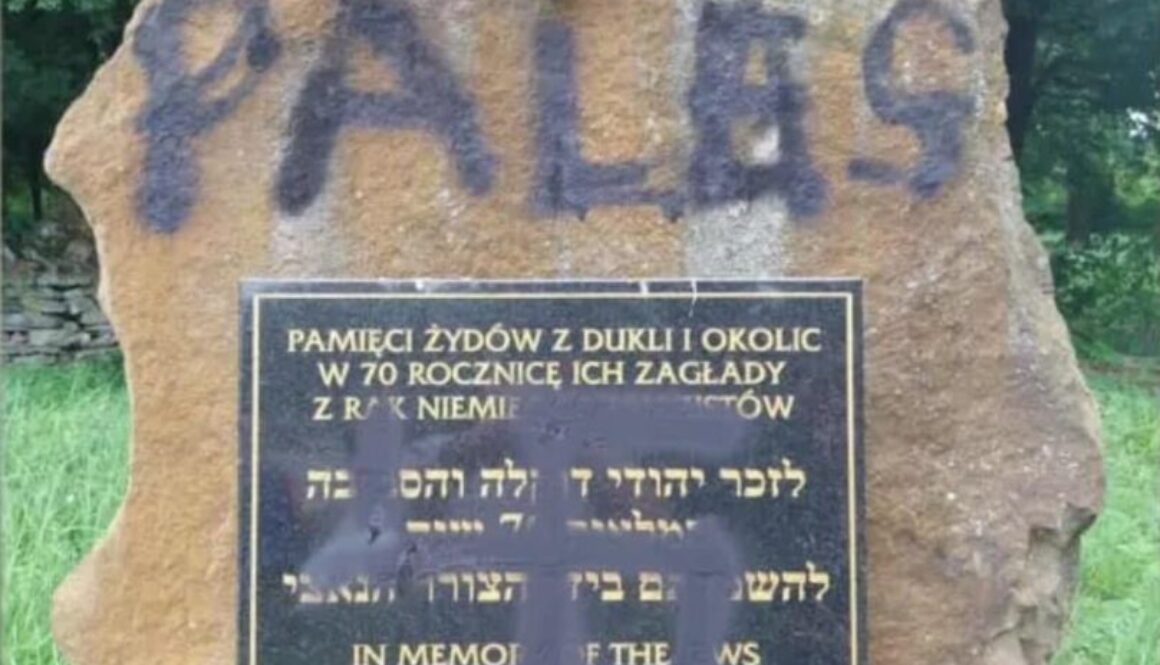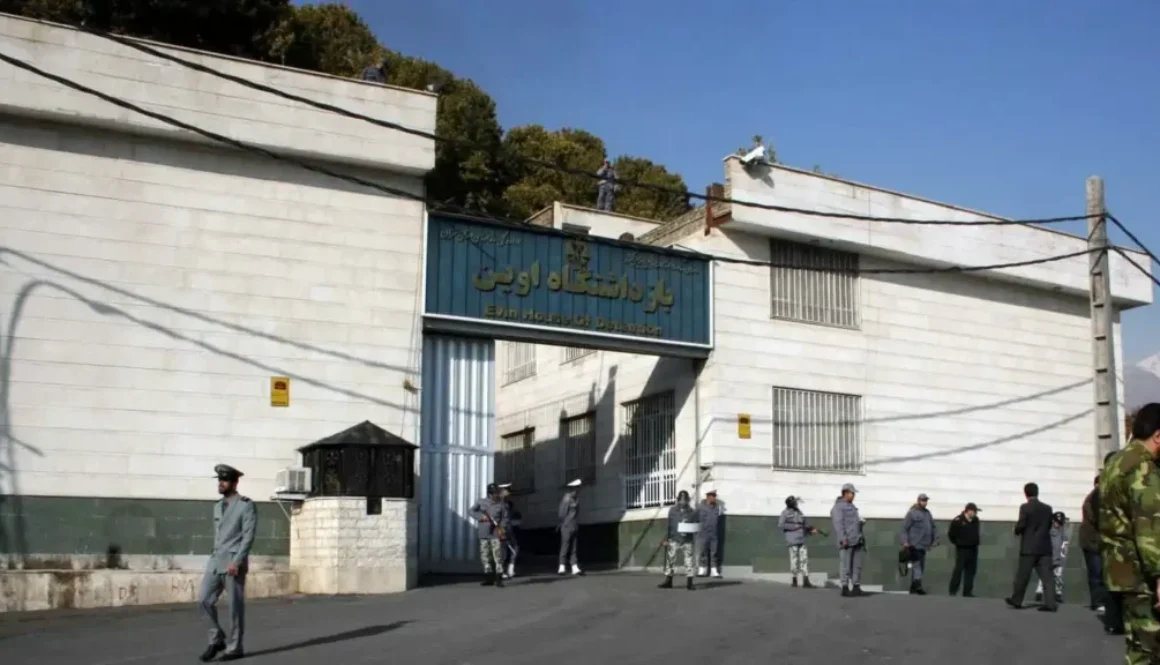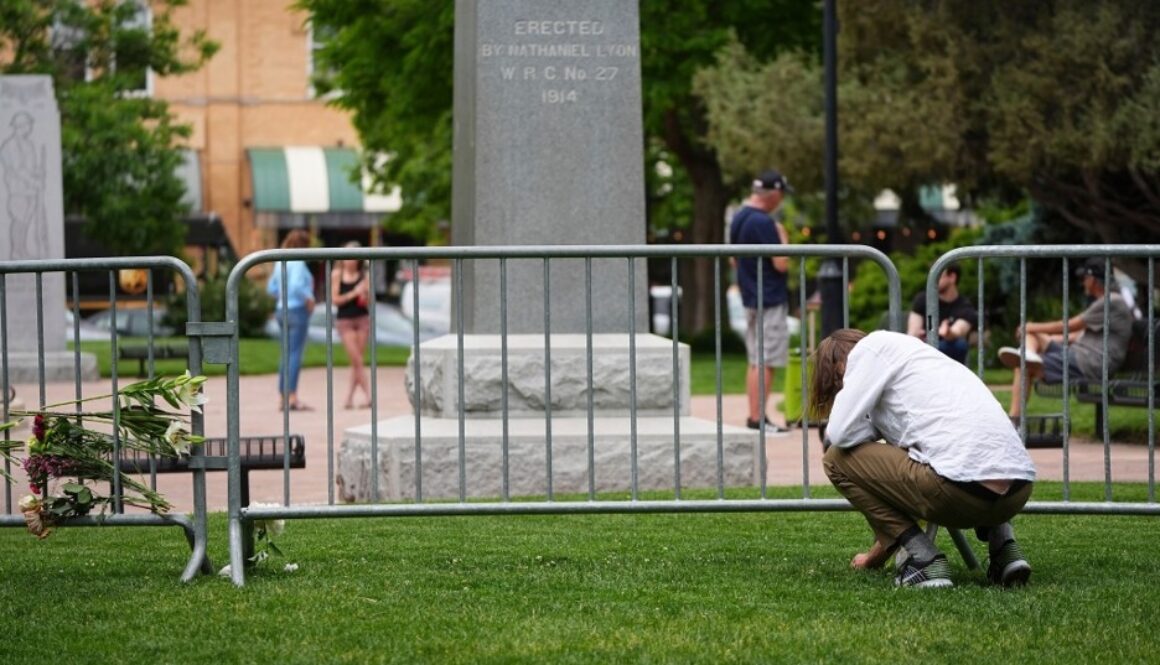What Entrepreneurs Can Learn from the Israelis
By Elliott Broidy
Entrepreneurship is not for the faint of heart. Every founder who has ever tried to turn vision into reality has endured the hardships: sleepless nights, setbacks that feel like body blows, the constant demand to lead when others would falter. At times, it can feel downright Sisyphean — you push the boulder up the hill, only to see it roll down the other side. But the successful entrepreneur will find the resources to push the boulder back up, because the next time, it might not roll back down, and your business has found solid ground — and taken off.
When I think about the qualities that sustain successful entrepreneurs, my mind goes often to Israel.
Few nations embody resilience, grit, and fortitude the way Israel does. Born in 1948 – just three years after the Holocaust – against impossible odds, surrounded by adversaries dedicated to its destruction, the country has had to innovate as an existential necessity. Israelis have faced wars, terrorism, economic isolation, and relentless campaigns of delegitimization and antisemitism.
And yet, despite it all, Israel thrives. It is a world leader in defense technology, cybersecurity, medicine, agriculture, and innovation across industries.
We have seen the results of Israel’s remarkable intelligence capabilities in the aftermath of the inhuman October 7th attacks, with Israel’s precise targeting of Hamas, Hezbollah, and Iranian regime leaders. Israel’s infiltration and detonation of Hezbollah’s pagers and walkie-talkies was particularly jaw dropping.
Israel leads the world in startup density per capita, unicorns per capita (Israel boasts 10% of the world’s unicorns – privately owned startups valued at over US$1 billion), and R&D spending as a percentage of GDP; it is third in the world, after only the U.S. and Singapore, in venture capital invested per capita. In the 12-month period after October 7th, during which Israel was waging a war for its very existence (a war that continues), Israeli start-ups still raised more investment funding than any other tech center other than San Francisco, New York, and Boston.
The entire story of Israel and the achievements of its remarkable people is astonishing; indeed, I would call it a modern miracle.
Entrepreneurs must channel that Israeli spirit, which is embodied in several ways:
- Resilience: Israelis bounce back quickly from adversity because they have no choice. Startups collapse, companies pivot, markets shift — but the ability to dust yourself off and move forward is what separates real entrepreneurs from hobbyists.
- Grit: Israelis don’t confuse difficulty with impossibility. They keep pressing forward, even when the odds are long. That’s exactly what founders must do when capital dries up, competitors circle, or the market doesn’t understand your vision — yet.
- Courage under fire: Israelis live with threats most of us can scarcely imagine. But they don’t freeze, they act. In business, too, paralysis in the face of risk is fatal. Leaders must keep moving, make decisions under pressure, and inspire others to follow.
- Fortitude: Israel is not a story of overnight success; it’s a story of profound endurance. Entrepreneurs must learn that sustainable success is rarely immediate — it’s the product of years of persistence.
Israel teaches us that adversity is the crucible in which strength and creativity are forged.
As entrepreneurs, if we can adopt even a fraction of that mentality — treating setbacks as fuel, meeting challenges with courage, and pressing forward with determination — we can build companies that endure, and perhaps make the world a stronger, safer, and freer place.
That is the Israeli lesson for entrepreneurs everywhere.
About Elliott Broidy
Elliott Broidy is an entrepreneur who has used his extensive experience and talent to found, invest in, and in some cases, manage as CEO, more than 160 companies over his four-decade career. He has given extensively to support the Jewish community and other causes during his career. He currently is the Co-Chair of the Fund to End Antisemitism, Extremism and Hate which supports The Auschwitz Research Center on Hate, Extremism and Radicalization (ARCHER at House 88), an initiative of The Counter Extremism Project.









